Why Your Skincare Products Aren’t Absorbing Properly
Understanding the Problem
When your skincare products just seem to sit on the surface rather than sinking in, it’s not just frustrating—it’s a waste of time and money. The culprit often lies in your skin type and how you’re using the products.
Skin Type Matters:
Oily skin, for example, naturally produces more sebum, which can act like a stubborn barrier. Imagine trying to pour water onto a waxy surface—it just beads up. Similarly, dry skin might sound like it should soak up everything like a sponge, but if it’s dehydrated or flaky, those dead skin cells can block absorption.
Sebum as a Blocker:
Excess oil can act as a gatekeeper, preventing active ingredients from reaching deeper layers of the skin. This is especially true if you’re not cleansing properly or skipping exfoliation—your skincare can’t work if it can’t get past that layer of grease.
Using the Wrong Products:
Another big factor? The products themselves. Sometimes, we pick items that aren’t compatible with our skin type or layer them in the wrong order. For example, thick creams applied before lightweight serums can block the latter from doing their job.
If you’ve ever felt like your skincare is just sitting on top of your face, chances are these are some of the main issues at play. Recognizing what’s going on with your skin is the first step toward getting that glow back!
Common Causes of Poor Absorption

- Excessive Oil Production: When your skin’s oil production is out of balance, it creates a greasy layer that blocks skincare products from reaching deeper layers of skin. This is especially common for those with oily or acne-prone skin.
- Dry or Dehydrated Skin: If your skin is lacking hydration or moisture, its barrier function can become compromised, making it harder for skincare products to properly absorb and deliver their benefits.
- Thickened or Hardened Dead Skin (Excess Keratin): Over time, if dead skin cells aren’t shed, they can build up, forming a layer that obstructs the penetration of active ingredients, leading to less effective skincare.
- Imbalanced Skin Renewal (Turnover): When skin cell turnover is disrupted, you may experience buildup of old cells on the surface, leading to a flaky, uneven texture that blocks products from sinking in and working as intended.
- Aging: As we age, natural oils decrease and skin’s ability to renew itself slows down. This means your skin’s barrier may become more fragile, and products may not absorb as efficiently.
- Insufficient Ceramide Levels: Ceramides play a key role in moisture retention. When their levels drop (due to age or environmental factors), the skin’s moisture barrier weakens, preventing skincare from working effectively.
- Timing Issues: If you wait too long to apply products after cleansing or exfoliating, your skin might lose its optimal absorption window. Products won’t work as well if they’re applied on dry or less receptive skin.
- Improper Techniques: How you apply skincare matters too! Whether it’s using too much or too little, or applying products in the wrong order, these small mistakes can affect how well your skin absorbs the benefits of your products.
Each of these factors can play a role in why your skin isn’t absorbing skincare as effectively as it should. Understanding and addressing the underlying cause can make a big difference in how well your products perform.
Signs Your Products Aren’t Absorbing
These signs can be frustrating, but they point to the fact that something’s preventing your skin from fully absorbing the goodness your products offer.
- Visible Residue on Skin: If you notice that your skin feels greasy, shiny, or has a film after applying your products, it could be a sign that they aren’t sinking in properly. This usually happens when there’s a barrier (like excess oil or a buildup of dead skin) preventing absorption.
- Persistent Dryness or Rough Texture: Even after regular use of moisturizers or hydrating serums, if your skin still feels dry, flaky, or rough to the touch, it might be a sign that the ingredients aren’t penetrating deeply enough to address the underlying hydration needs.
- Reduced Product Efficacy Over Time: If you’ve been using a product consistently but start to notice that its effectiveness seems to diminish, it could mean your skin isn’t absorbing it as well. Ingredients like active hydrators or anti-aging compounds might not be working their magic if they’re not reaching the deeper layers of your skin.
How to Improve Absorption
- Exfoliate Gently: Exfoliating helps slough off dead skin cells that could be blocking your skincare products. Opt for mild exfoliants or tools like a gentle scrub or sonic cleansers (like a Clarisonic) to give your skin a fresh canvas. Just don’t overdo it—exfoliating 1-2 times a week should be enough for most skin types.
- Choose the Right Products: Picking products that align with your skin type can make a big difference in absorption. For oily skin, go for lightweight, gel-based, or oil-free moisturizers that won’t clog pores. If you have dry or aging skin, look for hydrating products with ingredients like ceramides to restore moisture and improve barrier function.
- Cleanse Effectively: Clean skin is more receptive to products, so make sure to cleanse thoroughly but gently. Opt for cleansers that effectively remove oil, dirt, and makeup without stripping your skin’s natural moisture balance.
- Apply Immediately Post-Cleansing: For maximum absorption, apply your skincare products within one minute of cleansing. This helps lock in moisture and ensures your skin can absorb the ingredients at their most effective.
- Use Proper Techniques: The way you apply products matters too. Warm your skincare in your palms before applying—it helps the product spread more easily. And instead of rubbing it in, gently pat your products into your skin. This not only aids absorption but can also stimulate circulation for a glowing complexion.
- Control Oil: If you’re dealing with excess oil throughout the day, consider using blotting papers to gently lift away sebum without disturbing your skincare. Keeping oil under control can prevent it from creating a barrier against the products you apply.
- Layer Strategically: When layering multiple products, start with lighter, water-based ones and move on to thicker oils or creams. Pay extra attention to drier areas by adding a second layer of hydration, which will help lock moisture in without overwhelming oily zones.
- Follow Instructions: Don’t skip the directions on your skincare products! Adhering to the recommended amounts and application methods helps ensure optimal effectiveness. Sometimes less is more, and following guidelines ensures you’re using the products just right.
Lifestyle Factors to Support Absorption
- Maintain a Healthy Diet: Eating a balanced diet full of essential fatty acids, vitamins, and antioxidants can have a major impact on your skin’s health. Foods like avocados, nuts, and fatty fish provide healthy fats that help maintain a strong skin barrier. Meanwhile, antioxidant-rich foods such as berries, leafy greens, and citrus fruits fight free radicals and promote healthy skin renewal from the inside out.
Diet and Clear Skin: Key Foods to Eat and Avoid - Stay Hydrated: Your skin needs water to function properly, so make sure to drink enough fluids throughout the day. Proper hydration supports your skin’s natural moisture retention, which helps improve product absorption. Water-based skincare products will work even better when your skin is well-hydrated from within.
- Ensure Adequate Sleep and Manage Stress: Sleep is when your skin does much of its repair and regeneration, so getting 7-9 hours of quality rest is crucial for keeping your skin in top shape. Also, chronic stress can hinder skin’s healing processes, so practicing stress-reducing activities like meditation, yoga, or regular exercise can help support skin renewal.
Stress And Acne Breakouts - Protect Your Skin from Environmental Damage: Exposure to pollutants and harmful UV rays can damage your skin’s barrier, making it harder for products to be absorbed. Use sunscreen daily to protect your skin from UV damage and consider incorporating antioxidant-rich skincare to fight pollution’s effects. These small lifestyle habits help shield your skin, supporting the effectiveness of your skincare routine.
Comparing Chemical vs. Mineral Sunscreens
How to choose a Good Sunscreen
How To Apply Sunscreen Correctly
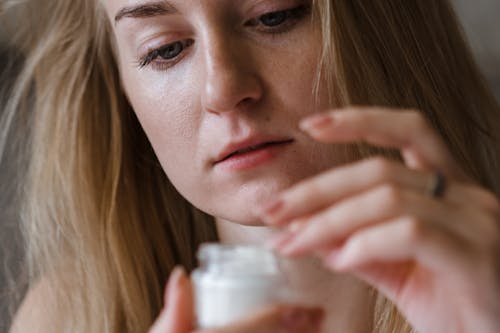
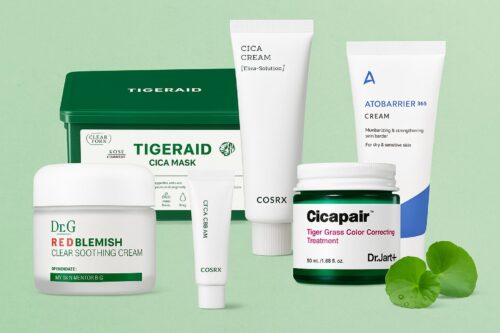
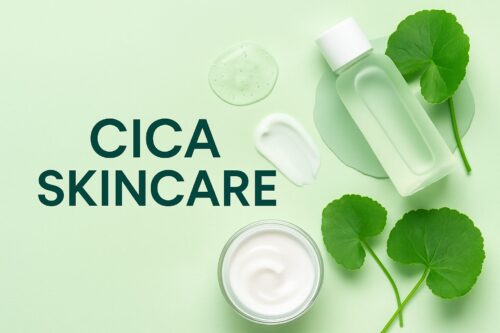
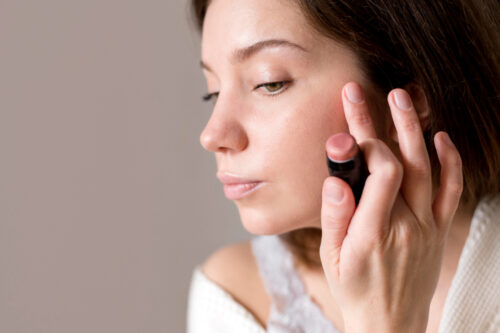
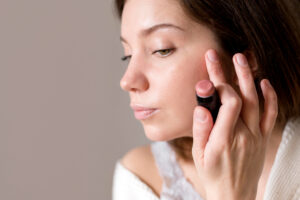

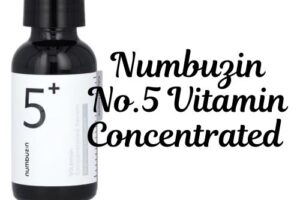
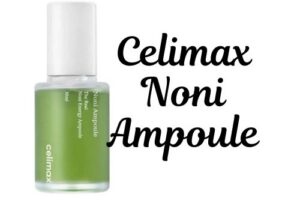
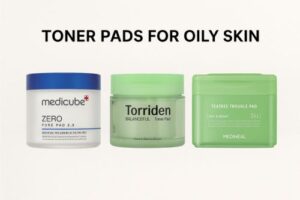
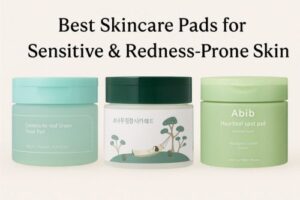
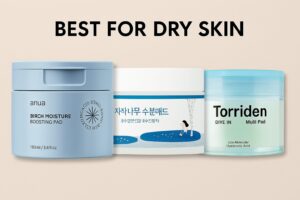
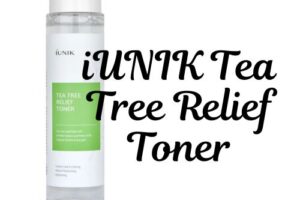
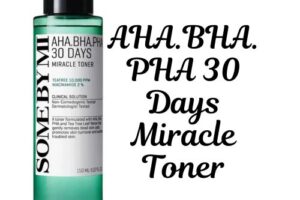
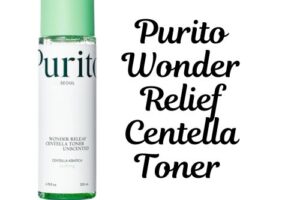
Post Comment